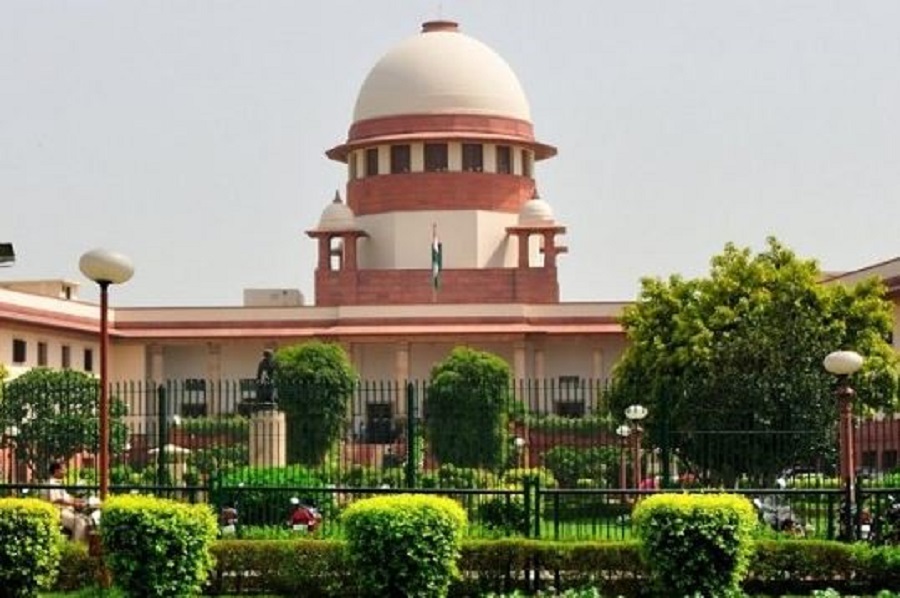 English
English

CAA was passed by the Parliament on 11 December, 2019, after which it met with protests all across the country. The CAA came into effect on 10 January, 2020. Read more on Dynamite News:

New Delhi: The Supreme Court is scheduled to hear a batch of petitions challenging the Citizenship (Amendment) Act (CAA), 2019 on 12 September.
A bench of Chief Justice of India UU Lalit and Justice S Ravindra Bhat will hear at least 220 petitions challenging the CAA.
The pleas against the CAA first came up for hearing in the Supreme Court on 18 December, 2019. It was last heard on 15 June, 2021.
CAA was passed by the Parliament on 11 December, 2019, after which it met with protests all across the country. The CAA came into effect on 10 January, 2020.
A Kerala-based political party Indian Union Muslim League (IUML), Trinamool Congress MP Mahua Moitra, Congress leader and former Union minister Jairam Ramesh, All India Majlis-e-Ittehadul Muslimeen (AIMIM) leader Asaduddin Owaisi, Congress leader Debabrata Saikia, NGOs Rihai Manch and Citizens Against Hate, Assam Advocates Association, and law students are several among others who had filed the plea before the top court challenging the Act.
In 2020, the Kerala government also filed a suit in the apex court becoming the first state to challenge the CAA.
The law fast-tracks the process of granting citizenship to Hindus, Sikhs, Buddhists, Jains, Parsis and Christians who fled religious persecution in Afghanistan, Bangladesh and Pakistan and took refuge in India on or before 31 December, 2014.
The top court had earlier issued notice to the Centre and refused to pass an interim order staying the law without hearing the Centre.
Read Also: Supreme Court to hear plea seeking safety of doctors at hospitals
The 2019 Act amended the Citizenship Act, 1955, which makes illegal migrants eligible for citizenship if they (a) belong to the Hindu, Sikh, Buddhist, Jain, Parsi or Christian communities, and (b) are from Afghanistan, Bangladesh or Pakistan. It is only applicable to migrants who entered India on or before 31 December, 2014. As per the amendment, certain areas in the Northeast are exempted from the provision. (ANI)
No related posts found.